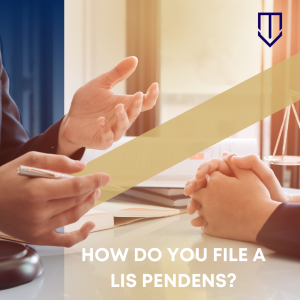 Generally, an owner can never legally “abandon” title to property. (Gerhard v. Stephens (1968) 442 P.2d 692, 713.) Instead, abandonment can only be found in situations dealing with personal property. Yet when the property interests in real property are in the nature of incorporeal hereditaments, the California Supreme Court has found that those interests can be abandoned.
Generally, an owner can never legally “abandon” title to property. (Gerhard v. Stephens (1968) 442 P.2d 692, 713.) Instead, abandonment can only be found in situations dealing with personal property. Yet when the property interests in real property are in the nature of incorporeal hereditaments, the California Supreme Court has found that those interests can be abandoned.
For a person to abandon property, or a right in property, there needs to be a nonuse accompanied by unequivocal and decisive acts on the part of the nonuser clearly showing an intention to abandon. (People v. Southern Pacific Co. (1916) 158 P. 177, 180.) Accordingly, in order to find abandonment, a trier of fact must find that the owner clearly and convincingly demonstrated the necessary intent to abandon. (Gerhard v. Stephens (1968) 442 P.2d 692, 713.)
What is an Incorporeal Hereditament?
 California Partition Law Blog
California Partition Law Blog


 A lis pendens – also called a notice of pendency of action – is a special type of legal document filed with a county recorder. Though its use is limited to lawsuits involving real property claims, its effect is powerful. Once recorded, it acts as “constructive notice” to all persons who would subsequently acquire an interest in the property at issue that a lawsuit is occurring.
A lis pendens – also called a notice of pendency of action – is a special type of legal document filed with a county recorder. Though its use is limited to lawsuits involving real property claims, its effect is powerful. Once recorded, it acts as “constructive notice” to all persons who would subsequently acquire an interest in the property at issue that a lawsuit is occurring.